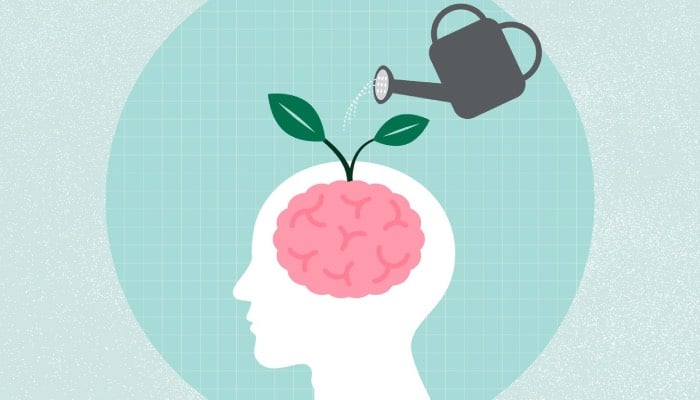
Taking care of your brain is crucial for maintaining overall health and well-being. It's essential to understand that dementia is not an unavoidable aspect of aging.
In fact, recent research indicates that up to 40% of dementia cases could potentially be prevented or postponed by adopting healthy lifestyle practices.
What is Dementia?
Dementia is an umbrella term for a range of conditions characterized by a decline in cognitive abilities, such as memory, reasoning, and communication, that significantly interferes with daily life. Alzheimer's disease is the most common form of dementia.
Here are some crucial lifestyle changes to reduce your risk of dementia:
Prioritize good nutrition:
The brain consumes about 20% of daily energy despite being only 2% of body weight. A balanced diet, such as the Mediterranean diet, supports brain health and reduces risks of diabetes and hypertension, both linked to dementia. Avoid excess pastries, sweets, fried foods, and cheese.
Stay hydrated:
With our bodies being 60% water, hydration is crucial for optimal brain function. Dehydration can impair memory, attention, and reaction time. Drink plenty of water to maintain cognitive performance.
Limit alcohol consumption:
Excessive alcohol increases dementia risk and can damage brain structure. Limit intake to no more than 14 units per week to reduce associated health risks.
Stay physically active:
Regular exercise boosts brain blood flow, reduces inflammation, and enhances cognitive function. Aim for at least 150 minutes of moderate or 75 minutes of high-intensity exercise weekly.
Socialize regularly:
Combat social isolation by engaging with community groups, friends, and family. Strong social connections can help slow cognitive decline.
Keep learning:
Engage in continuous learning such as picking up a new skill or hobby to protect cognitive function and reduce dementia risk.
Additional tips:
Use hearing aids if needed, avoid traumatic brain injuries, and get 6-8 hours of sleep per night.















